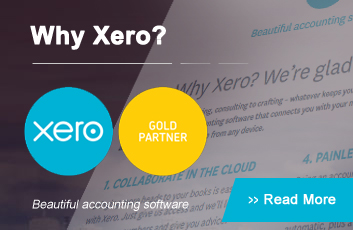The government has introduced a new bill to remove Fringe Benefits Tax on eligible electric vehicles (EV). If this becomes law, it will apply retrospectively from 1 July 2022.
This will mean that there is no longer any fringe benefits tax (paid by the employer) for the attributed value of private trips by an employee on a company car. Effectively, it’s a 100% tax benefit on the vehicle, which can be passed through to the employee via a salary sacrificing arrangement (a common example being the popular novated lease).
Sounds great, but is there a catch?
Firstly, the EV needs to be held and used on or after 1 July 2022. If an employer is already providing an EV to a current employee, that arrangement won’t be exempt. However, for those frustrated Tesla-buyers who ordered their vehicle before 1 July 2022 and will be patiently waiting for delivery in 2023, your EVs will still be eligible for the FBT exemption.
While this requirement for the car to be ‘new’ seems to discriminate against the early adopters of hybrid and electric vehicles, it could be an opportunity to upgrade to a new model and take advantage of the benefits (once legislated of course).
For second-hand EVs, the Bill notes that they could qualify for the exemption “only if the car was first purchased new” on or after 1 July 2022. There is some ambiguity around what this might mean for purchases of second-hand EVs in this financial year, but this should become clearer in the coming months.
Secondly, the FBT value of the car must be less than $84,916 – the luxury car tax value of fuel-efficient vehicles. This $84,916 limit is the total of: purchase price, GST, customs duty, dealer delivery charges, standard and statutory warranties, accessories and modifications by the supplier (e.g., custom colour or tyre rims). It doesn’t include stamp duty, transfer and registration, CTP, extended warranties, finance costs, and service plans. This places the basic Tesla Model Y (SUV) within this bracket.
Also, it’s important that the EV is in fact a “car”, the technical definition being a vehicle designed to carry a load of less than 1 tonne and fewer than 9 people. This rules out electric motorbikes and trucks, but these and other non-car transport vehicles could be exempt under existing FBT rules.
Finally, the car must qualify as a ‘zero or low emissions vehicle’ – which includes battery electric, hydrogen fuel cell, and plug-in hybrid electric vehicles.
Other considerations
While there won’t be fringe benefits tax on the FBT value of eligible vehicles, and salary-packaging arrangements will see the full lease payments deducted from pre-tax salary (resulting in higher tax savings), the amount of the Fringe Benefit will still be reportable in the employee’s tax return as a Reportable Fringe Benefits Amount. This can affect items such as the Medicare Levy Surcharge, Private Health Insurance offsets, HECS repayments, and certain Centrelink family assistance payments.
If you are concerned about these changes and how they will affect you, please contact our office so that we may assist you moving forward. Email us at [email protected] or call 1300 365 125.













